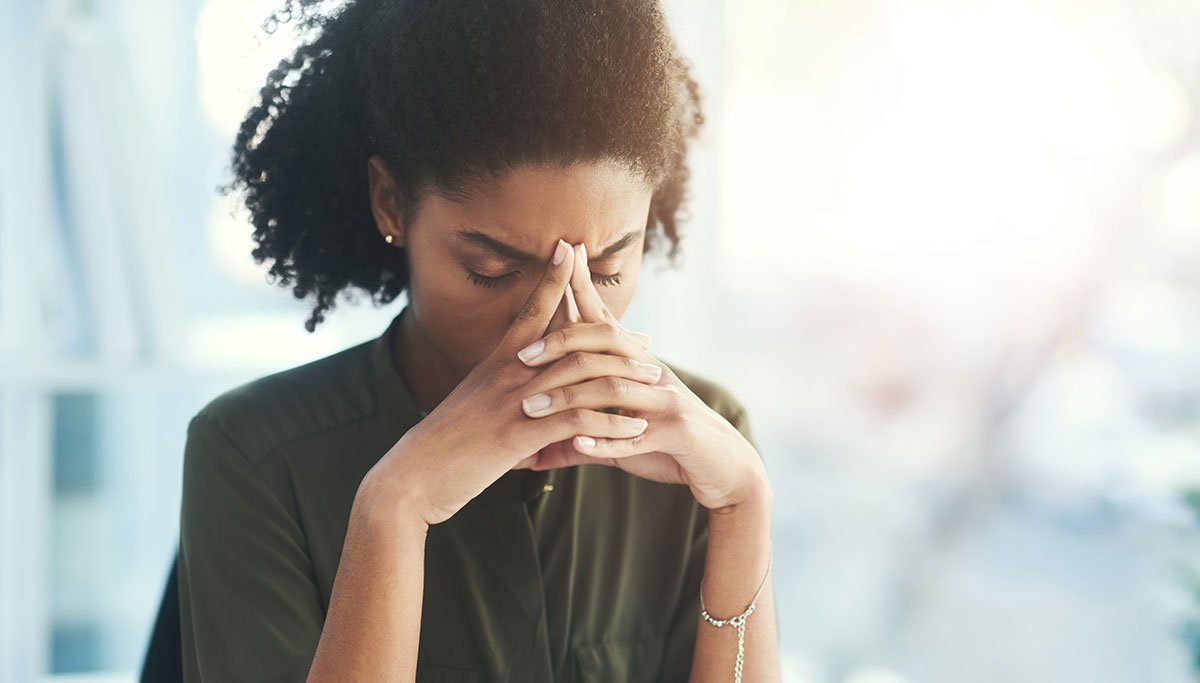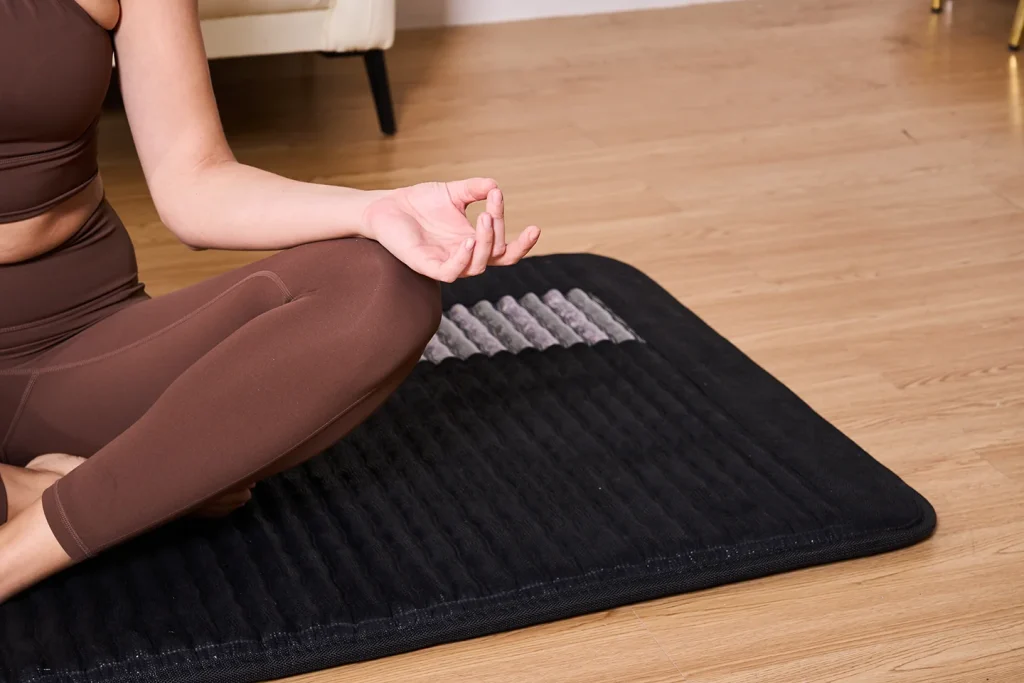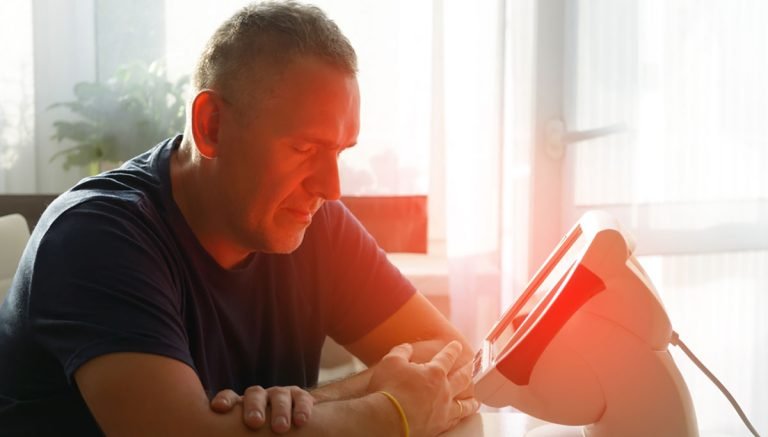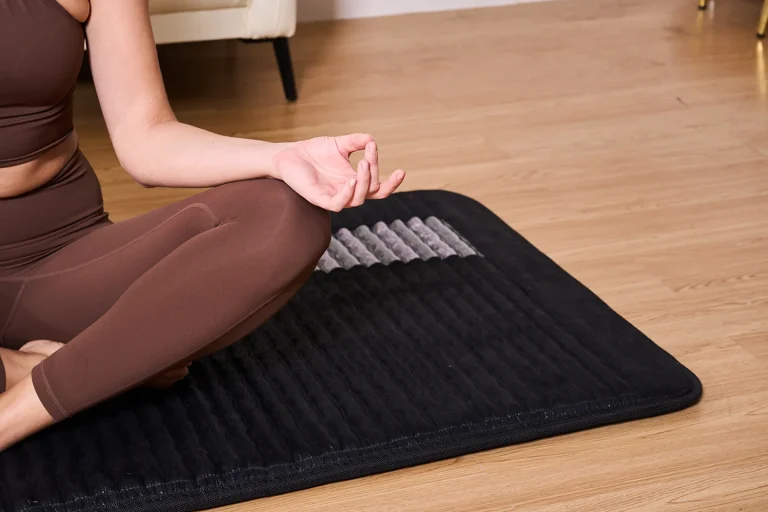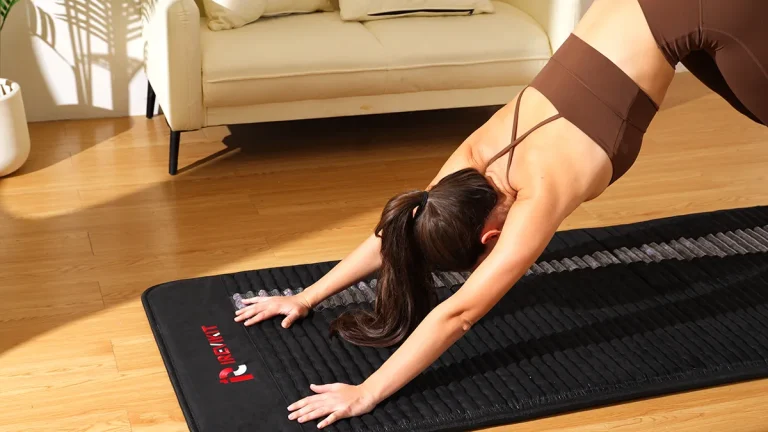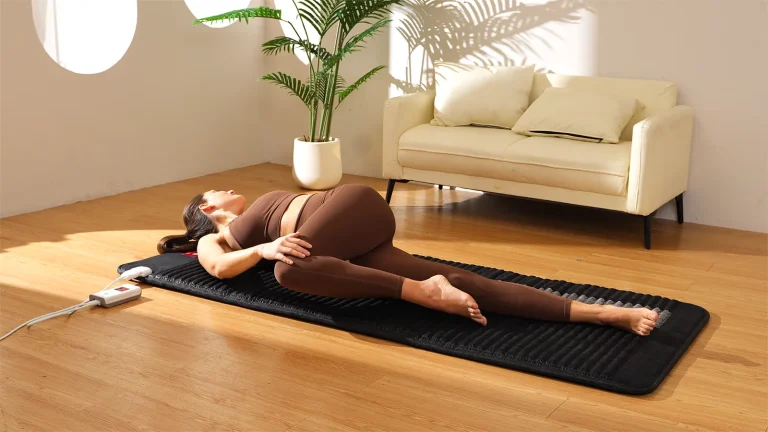Best Therapy for Stress and Anxiety
Experiencing occasional stress and anxiety is normal to live with. However, people with anxiety disorders often experience intense, excessive, and persistent worry and fear about everyday situations. People with stress and anxiety experience mental and physical symptoms. These symptoms include irritability, anger, fatigue, muscle aches, digestive problems, and trouble sleeping.
Symptoms of Anxiety Disorder:
These feelings of stress, fear, and panic affect daily activities, are difficult to control, are out of proportion to the actual danger, and may be prolonged. You may find yourself avoiding places or situations in order to avoid these feelings.
Stress & anxiety affects how we think and feel. It makes life more complicated, making everything seem difficult, heavy and overwhelming. While stress & anxiety have many adverse impacts on our physical and mental health, the good news is that we can interrupt this automatic response and learn to respond differently to stressors.
What Causes Stress?
Sometimes, stress can be positive, and this can be beneficial in certain situations. For example, short-term stress has the potential to be both motivating and beneficial in addressing challenges. The Yerkes-Dodson Law, which describes the relationship between stress and efficiency, suggests that a moderate amount of stress is actually beneficial. In fact, if stress is too low, performance and efficiency can be negatively impacted. However, the Yerkes-Dodson law also warns that high stress negatively affects us.
Chronic, excessive stress can damage our overall well-being, including our physical and mental health. Understanding the causes of negative stress can help you make positive changes to minimize and manage it. It’s important to know, though, that while the body’s stress response is universal, the triggers are individualized and dependent on factors such as life circumstances, age, developmental stage, and one’s role in life.² What causes one person to feel stressed might not bother someone else, and vice versa.
General Causes of Stress May Include:
- Circumstances that endanger your sense of security, well-being, or health.
- Thoughts and emotions involving a fear of loss, such as a fear of losing a relationship, a job, your health, or money.
- Frequent apprehension regarding a specific matter or pervasive concerns about myriad subjects.
- Uncertainty
- A perceived lack of control over one or more aspects of your life is indicated by this.
- Habitual thought patterns involving negative beliefs or a pessimistic outlook on life are common.
- A lack of self-efficacy is defined as the belief that you don’t have the resources or ability to deal with challenges.
No matter what causes your stress—whether it’s something in your environment, like a challenging situation, or something you’re thinking about, like negative thoughts—your brain and body go into overdrive. This response is what leads to that feeling of being overwhelmed and frazzled.
Therapies That Works for Stress & Depression
Integrative treatments such as meditation and acupuncture can be helpful in the reduction of stress and related problems. These techniques are becoming more mainstream as research continues to show that they help improve health.
Managing stress requires addressing the mind as well as the body, since both the brain and the body contribute to the symptoms of stress.
Meditation and Mindfulness-Based Stress Relief
Meditation and mindfulness-based stress reduction (MBSR) are therapies with proven benefits for the management of anxiety and depression.
Meditation is an ancient practice that can help you reach a state of relaxation by focusing on your breathing and being aware of your body in the present moment.
Mindfulness-Based Stress Reduction is a program that draws on the principles of meditation to help people become more aware of how negative thoughts affect the way they feel physically.
Research has shown that some of the benefits of MBSR include:
- Reduces stress and anxiety
- Improved memory and ability to concentrate
- Greater resilience and fewer emotional ups and downs
- Better relationships
- There is evidence to support the idea that meditation and mindfulness-based stress reduction are very helpful in the management of mood disorders, and experts recommend them.
Cognitive Behavioral Therapy (CBT)
Cognitive behavior therapy (CBT) is a type of talk therapy that focuses on identifying and challenging negative, often false, thoughts that can lead to behavior and mental health issues such as anxiety.
Research has shown that people who receive CBT have a greater reduction in their mental health symptoms than people who receive medication alone.
There is strong evidence that CBT, meditation, and Mindfulness-Based Stress Reduction are effective.
All of these techniques are safe and do not have any side effects. They can be practiced by a motivated person on his or her own. It’s important to talk to your doctor about your symptoms because integrative medicine can support traditional medicine, but it’s not a replacement.
Acupuncture for Treating Stress and Anxiety
Acupuncture is an ancient Chinese practice using tiny needles to stimulate the nervous and immune systems. During the procedure, a licensed acupuncturist inserts needles as thin as a hair through the skin at specific points on the body. Acupuncture is painless. Research shows that it can be an adjunct to conventional treatment for a variety of problems, including stress, chronic pain, and digestive disorders. It may be particularly effective for insomnia, experts say.
Massage Helps Anxiety & Depression

While many of us think of massage as a rare, indulgent treat, studies show that massage helps treat a variety of stress-related disorders, including anxiety and insomnia. One treatment is good. But a series of massage treatments can be even more effective.
Additional Useful Advice
Nearly half of women report a rise in stress levels. This rise has occurred over the past five years. While women and men have been shown to cope with stress in disparate ways, it is evident that chronic stress contributes to a range of health complications in both sexes, including mental health disorders, cardiovascular disease, and obesity.
- Social Support: Make time to spend with family and friends, and don’t be afraid to share your feelings and concerns with them. Having a solid support system can provide emotional comfort, fresh perspectives on your issues, and practical assistance when needed.
- Hobbies and leisure activities: Immerse yourself in pastimes that bring you joy, whether it’s painting, reading, listening to music, or tending to your garden. A much-needed break for your mind can be provided by hobbies, through which relaxation, unwinding, and focus on something other than your stressors can be achieved.
- Limit exposure to stressors: If possible, the things that cause you stress and anxiety should be identified and avoided or minimized. Your time on social media could be reduced, certain people or situations that are overly stressful could be avoided, or your work environment could be modified to make it more comfortable.
It’s important to have a conversation with your health care provider about whether massage is right for you. For people with certain medical conditions, such as bleeding disorders or osteoporosis, it may not be appropriate.
Anxiety disorders can hinder a person’s capacity to work, study, and engage in various activities. But don’t worry, recovery is possible with the right treatment.
Amethyst Mat, PEMF Mat Helps to Reduce Your Stress & Anxiety
-
TowerMat – Amethyst Infrared Mat
$298.00 – $368.00 -
StoneTune – Earthing PEMF Mat
$298.00 – $358.00 -
MagWave PEMF Therapy Mat
$658.00 – $798.00 -
10-Gems BioPhoton – Infrared PEMF Mat
$268.00 – $768.00

